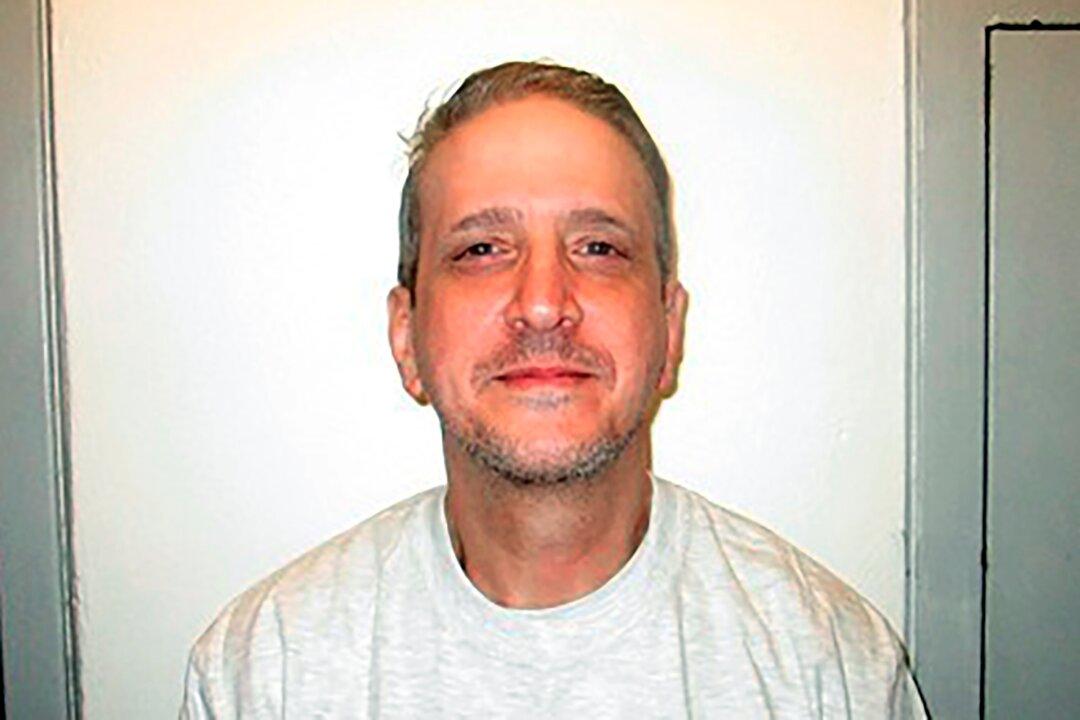OKLAHOMA CITY—An Oklahoma death row inmate whose scheduled execution in May is opposed by the state’s top prosecutor as well as celebrities such as Kim Kardashian was set to ask the state’s parole board Wednesday to spare his life.
Richard Glossip has long maintained his innocence in the 1997 killing of his former boss, motel owner Barry Van Treese. The state’s Pardon and Parole Board will weigh whether to recommend clemency to Republican Gov. Kevin Stitt, who can either commute Glossip’s sentence or allow the May 18 execution to proceed.





